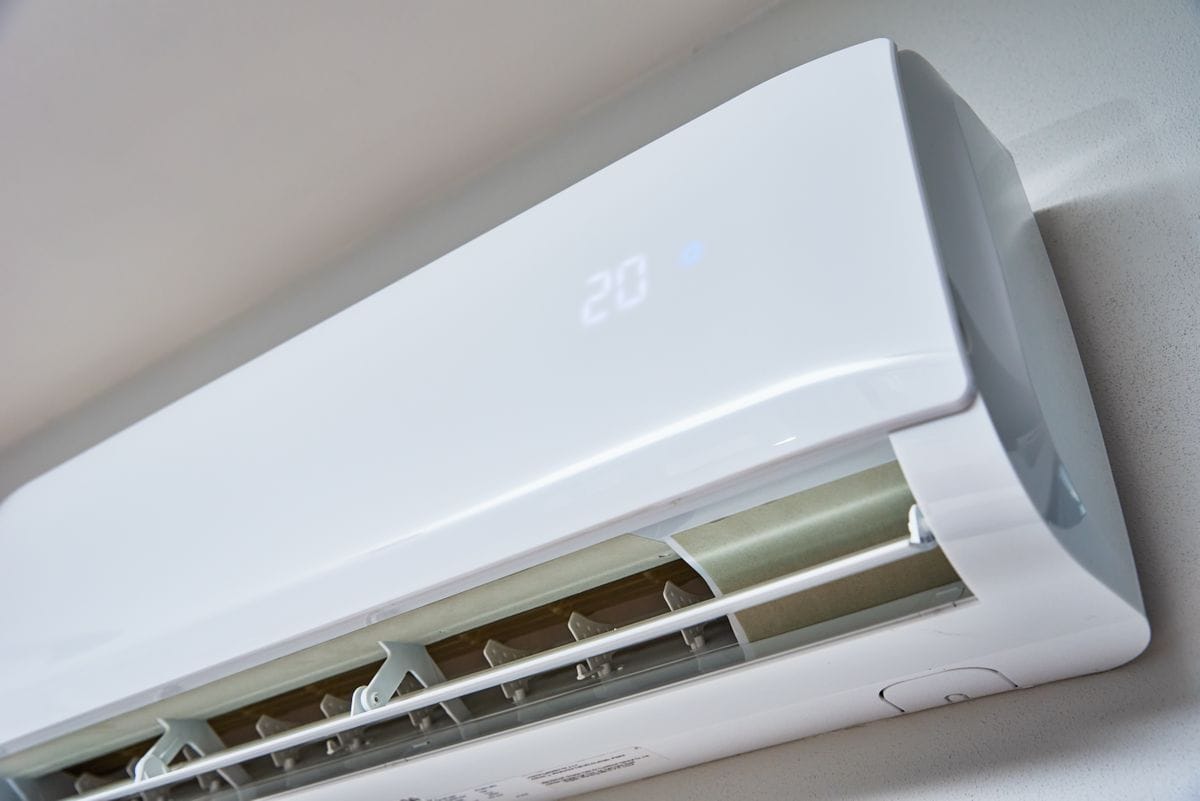
As temperatures rise, so too does the demand for effective and energy-efficient cooling solutions. With air conditioning systems accounting for a significant portion of residential energy consumption, it’s essential to make informed decisions when choosing and maintaining your home’s cooling system. Energy-efficient air conditioners not only provide comfort and convenience during the sweltering summer months, but they also help reduce your carbon footprint, contribute to a healthier environment, and lower your energy bills. In this informative guide, we will discuss the benefits of energy-efficient air conditioning, explore various cooling solutions, and provide practical tips for choosing the right system and keeping it running efficiently.
Energy-efficient air conditioning systems offer numerous advantages, including improved performance, noise reduction, and enhanced indoor air quality. They are designed to deliver optimal cooling power while minimizing energy consumption, making them an ideal choice for budget and environmentally-conscious homeowners. Furthermore, these advanced systems often include smart features such as programmable thermostats and humidity control to provide additional comfort and convenience. By investing in an energy-efficient air conditioning unit, you can not only beat the heat but also save on energy costs and reduce your environmental impact.
There are several factors to consider when selecting the right energy-efficient cooling solution for your home, such as system type, size, and efficiency ratings like the Seasonal Energy Efficiency Ratio (SEER). From central air conditioning to ductless mini-split systems, there’s an energy-saving option to fit every home, budget, and personal preference. By understanding the distinctions between these systems and evaluating their advantages and drawbacks, homeowners can make informed decisions and choose the unit that best meets their needs.
Benefits Of Energy-Efficient Air Conditioning
Investing in an energy-efficient air conditioning system offers numerous advantages for homeowners, including:
1. Cost Savings: Energy-efficient air conditioners consume less electricity, leading to lower utility bills. This reduced energy consumption can result in significant long-term savings, ultimately offsetting the initial cost of the unit.
2. Enhanced Performance: Modern energy-efficient air conditioners are designed to provide optimum cooling power while minimizing energy use, ensuring that your home remains cool and comfortable without straining your system or your budget.
3. Improved Indoor Air Quality: Many energy-efficient cooling systems are equipped with advanced filtration and humidity control features, helping to maintain clean and healthy indoor air.
4. Reduced Environmental Impact: Energy-efficient air conditioners contribute to a sustainable future by reducing greenhouse gas emissions and conserving valuable resources.
Choosing The Right Energy-Efficient Cooling System
When selecting an energy-efficient air conditioning system, consider the following factors:
1. System Type
There are several energy-efficient cooling solutions to suit different homes and preferences:
- Central Air Conditioning: These systems offer whole-home cooling through a network of ducts and vents. Energy-efficient central air conditioners can be identified by their high Seasonal Energy Efficiency Ratio (SEER) rating and ENERGY STAR certification.
- Ductless Mini-Split Systems: These units provide targeted cooling in individual rooms without the need for ductwork. Mini-split systems are often more energy-efficient than central systems, particularly for homes with inconsistent cooling needs or inadequate duct systems.
- Heat Pumps: Heat pumps are versatile systems that provide both heating and cooling by transferring heat between your home and the outdoors. They can be an energy-efficient choice, especially in milder climates.
2. Size
Selecting an appropriately sized air conditioner is crucial for efficient operation. An improperly sized unit can lead to increased energy consumption, reduced performance, and premature system wear. Consult a professional HVAC technician to determine the appropriate size for your home based on factors like square footage, insulation, and climate.
3. Efficiency Ratings
An essential indicator of a cooling system’s energy efficiency is its SEER rating. As of 2015, the minimum SEER rating for central air conditioners in the U.S. is 13 or 14, depending on region. However, energy-efficient models often boast SEER ratings of 16 or higher, providing substantial energy savings. Look for ENERGY STAR-certified units that meet stringent efficiency requirements set by the Environmental Protection Agency.
Best Practices For Operating And Maintaining An Energy-Efficient Air Conditioner
To maximize the benefits of your energy-efficient cooling system, follow these best practices:
1. Proper Insulation And Sealing
Ensure your home is well-insulated and free of air leaks to prevent cool air from escaping and warm air from infiltrating. This helps maintain consistent indoor temperatures and ensures that your air conditioner doesn’t work harder than necessary.
2. Regular Maintenance
Schedule regular professional maintenance for your air conditioning system, including filter replacements, coil cleaning, and inspections. Proper maintenance helps maintain your system’s efficiency, prolong its lifespan, and prevent potential issues from escalating into costly repairs.
3. Smart Thermostat Usage
Invest in a programmable or smart thermostat to better control your home’s temperature, minimize energy waste, and optimize your system’s efficiency. Set your thermostat to a higher temperature when nobody is home or at night when outdoor temperatures drop, and gradually lower it when you’d like your home to be cooler.
4. Utilize Energy-Saving Settings
Take advantage of features like sleep mode, timers, and fan-only settings if your air conditioner has them. These settings can help you conserve energy without compromising comfort.
5. Optimize Airflow And Ventilation
Ensure that your air conditioner’s vents are clean and unobstructed to promote efficient airflow throughout your home. You can also use natural ventilation, ceiling fans, and window coverings to keep your home cooler without over-relying on your air conditioner.
Conclusion
Energy-efficient air conditioning systems are an essential investment for any homeowner looking to enjoy consistent comfort while minimizing their impact on the environment and their wallet. By selecting the appropriate system, adhering to best practices for operation and maintenance, and leveraging the energy-saving features of modern cooling units, you can keep your home cool and comfortable all summer long without breaking the bank.
Upgrade to an energy-efficient air conditioner today, and experience the benefits of sustainable and cost-effective cooling for years to come! Visit My Jockey’s website today to learn more.

No comment yet, add your voice below!